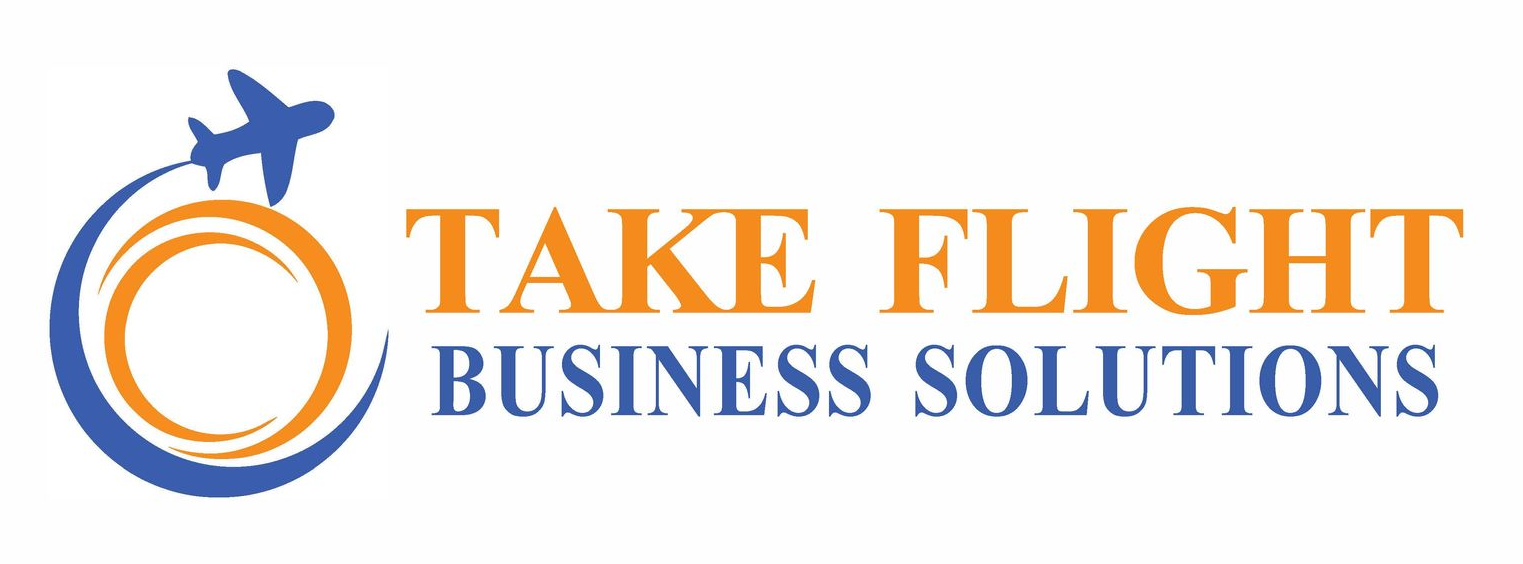Maximizing Your Finances: A Guide to Effective Tax Reduction Planning and Preparation
Maximizing Your Finances: A Guide to Effective Tax Reduction Planning and Preparation
In the realm of personal finance, the importance of strategic tax planning and meticulous preparation cannot be overstated. As the tax season approaches, individuals and businesses alike find themselves grappling with the complexities of the tax code. However, with a well-thought-out tax reduction plan and thorough preparation, you can navigate the process with confidence and potentially save significant money. In this blog, we will explore key strategies for tax reduction planning and offer insights into effective tax preparation.
Understanding Tax Reduction Planning
Tax reduction planning involves a proactive approach to legally minimizing your tax liability. It requires a careful examination of your financial situation to identify opportunities for deductions, credits, and exemptions. One fundamental strategy is to take advantage of available tax incentives, such as retirement contributions, education savings plans, and energy-efficient home improvements. By strategically timing income and deductions, you can optimize your tax position and keep more of your hard-earned money.
Additionally, consider exploring tax-advantaged investment options, like individual retirement accounts (IRAs) and 401(k)s. These vehicles not only provide a platform for long-term financial growth but also offer valuable tax benefits. Engaging with a qualified tax professional can be instrumental in crafting a personalized tax reduction plan tailored to your specific circumstances.
The Importance of Early Tax Preparation
A crucial element of successful tax reduction is timely and thorough tax preparation. Waiting until the last minute can lead to oversights and missed opportunities. Begin the process early by gathering all necessary financial documents, including W-2s, 1099s, and receipts for deductible expenses. Organization is key; maintain a checklist to ensure that no detail is overlooked.
Utilize tax preparation software or enlist the services of a certified tax professional to navigate the intricacies of tax forms and calculations. These tools can help identify eligible credits and deductions, ensuring you receive the maximum tax benefit. Keep in mind that rushing through the preparation process can lead to errors, potentially triggering audits or delays in receiving your tax refund.
Recordkeeping and Documentation
Effective tax preparation extends beyond the filing process. Maintaining meticulous records throughout the year is essential for supporting your tax return claims and defending against potential audits. Create a system for organizing receipts, invoices, and other relevant documents. Digital tools and apps can simplify this process, allowing you to store and categorize documents efficiently.
Furthermore, stay informed about changes in tax laws and regulations. The tax landscape is dynamic, and being aware of updates can help you adapt your tax reduction plan accordingly. Regularly review your financial situation with a tax professional to identify new opportunities for optimizing your tax strategy.
Conclusion
In conclusion, the proactive combination of tax reduction planning and thorough tax preparation is instrumental in securing your financial well-being. By staying informed, organized, and strategic, you can navigate the complex world of taxes with confidence and potentially enjoy significant savings. Remember, investing time and effort into your tax strategy today can lead to a more secure and prosperous financial future.












